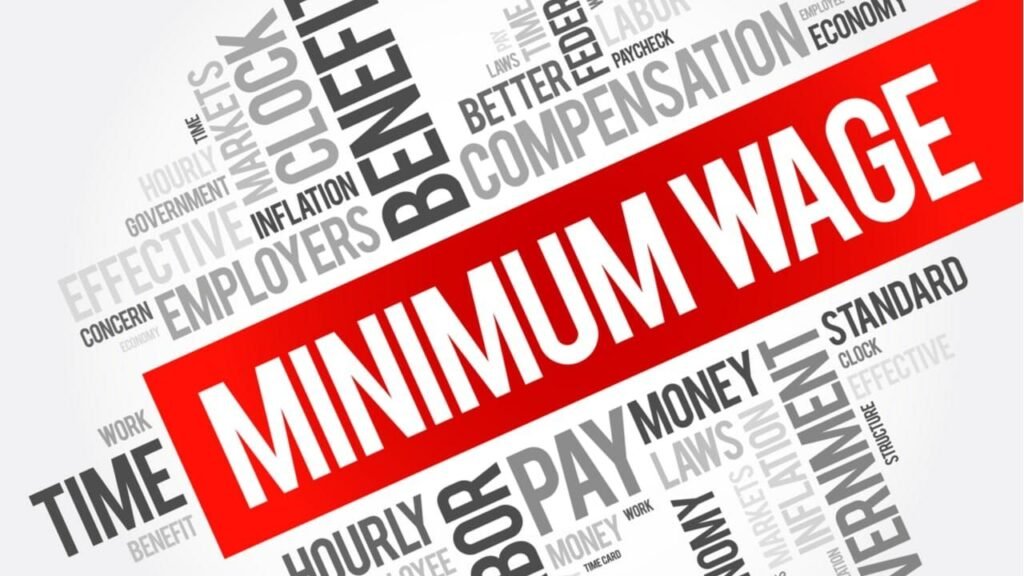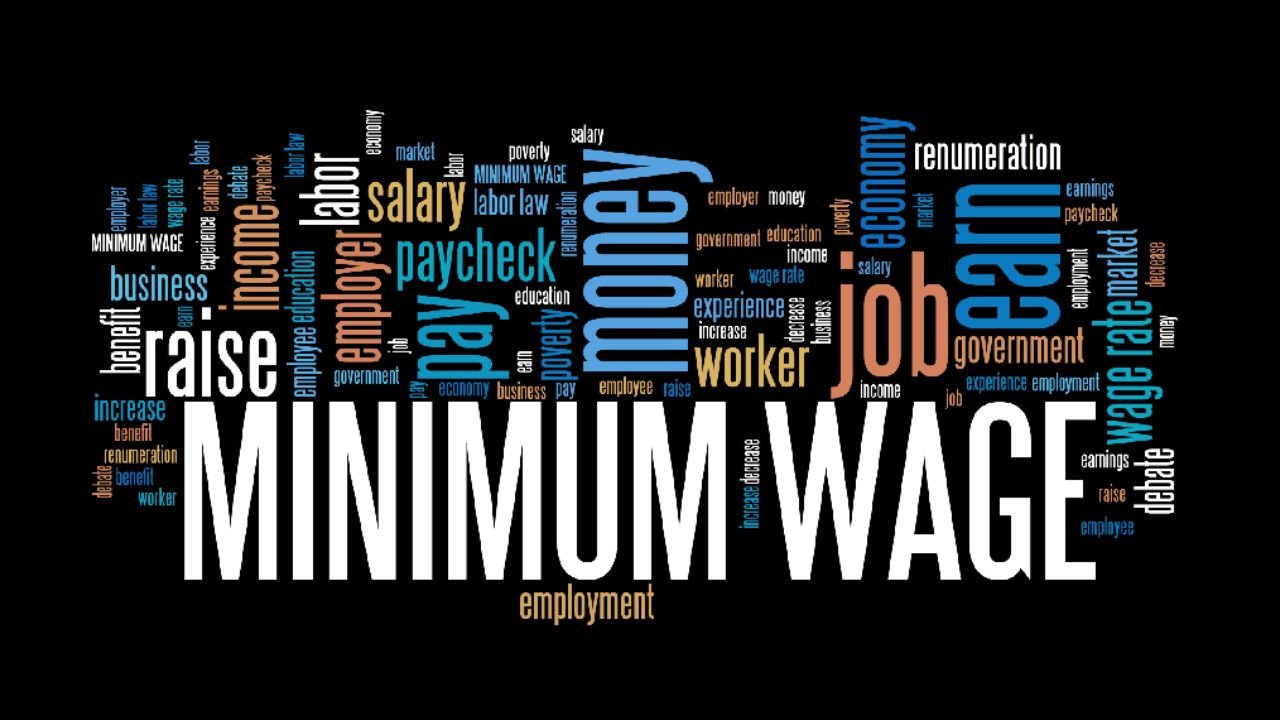The UK Government has announced a major increase in the minimum wage, set to take effect from September 2025. This development is being seen as a vital step in helping low-income workers cope with rising living expenses, while also raising questions about its broader impact on pensioners and employers. For many households across the country, the change could mean noticeable differences in income and budgeting.
Understanding the Minimum Wage in the UK
The minimum wage represents the lowest hourly rate that employers are legally required to pay their workers. It ensures that employees receive fair compensation and protects them from unfair labour practices. The rate varies according to age and employment status, with older workers and those aged 23 and above entitled to the National Living Wage, while younger employees and apprentices receive lower rates. Starting in September 2025, these wage levels will rise across all groups, creating a ripple effect that will also reach pensioners who work part-time and influence state pension policies indirectly.
Why the Wage Hike is Happening
The decision to raise the minimum wage comes at a time of high inflation and sharp increases in everyday living costs such as food, housing, and energy. The government has also pledged to make work pay more fairly and reduce the gap between different income levels. In addition, with certain industries facing labour shortages, higher pay is expected to attract more workers into these roles. As a result, millions of people will see an increase in their pay packets from September 2025.
The New Rates from September 2025

From September, workers aged 23 and above will earn £12.50 an hour, while those aged 21 to 22 will receive £11.80. Employees between 18 and 20 will be entitled to £9.10, while 16 to 17-year-olds will earn £6.80 per hour. Apprentices will see their pay move to £6.40 an hour. These changes reflect an average increase of between six and eight percent compared to 2024 levels.
What It Means for Workers
A person working full-time at 37.5 hours per week on the new National Living Wage of £12.50 will see their monthly income rise to around £2,031 before tax. Compared to earlier rates, this is an increase of nearly £150 each month. For households already struggling with rising bills and daily expenses, this uplift is expected to provide some financial breathing space.
The Impact on Pensioners
Many pensioners may not be directly affected if they are retired, but a large number continue to supplement their pensions with part-time work. For them, the higher wage rate will mean more income from roles in retail, hospitality, or care services. Additionally, workers paying National Insurance on higher earnings may strengthen their pension records. Although those who are already past state pension age do not pay National Insurance, today’s younger contributors may benefit from stronger pensions in the future. There is also an indirect impact because the state pension is tied to the triple lock system, which ensures it rises in line with whichever is higher: inflation, wage growth, or 2.5 percent. Since wages are increasing, pensioners could also see higher state pension payments in the years to come.
Balancing the Benefits and Risks
While the rise in wages will help many, there are concerns that it could also create new challenges. Some businesses may raise prices to offset higher wage bills, which would increase living costs for all, including pensioners. Smaller companies may reduce staff hours or avoid new hires to manage costs. Inflation could also rise, potentially limiting the real benefits of the higher wages and pensions.
Experts have offered mixed views on the increase. Trade unions and economists generally welcome the move, describing it as necessary to keep pace with living costs. On the other hand, business groups warn that the new rates could put pressure on smaller employers, particularly in hospitality and care sectors where many pensioners also work part-time.
The rise in the UK minimum wage from September 2025 is more than just a pay adjustment for workers. It also carries long-term consequences for pensioners, household budgets, and the wider economy. For employees, it promises fairer wages and greater financial security. For pensioners, it provides extra income for those who continue to work, while potentially boosting future pension payments through the triple lock system. Although challenges such as inflation and business pressures remain, the move represents one of the most significant policy changes of 2025 and could shape the financial future of millions across the country.

